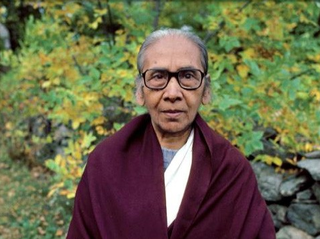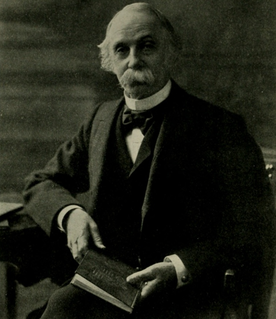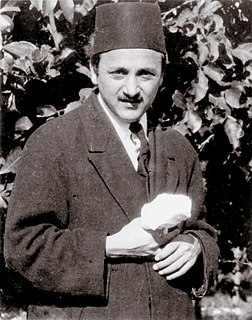A Quote by William Hazlitt
The last pleasure in life is the sense of discharging our duty.
Related Quotes
I cannot but take notice of the wonderful love of God to mankind, who, in order to encourage obedience to His laws, has annexed a present as well as a future reward to a good life; and has so interwoven our duty and our happiness together that, while we are discharging our obligations to the one, we are at the same time making the best provision for the other.
It is important to distinguish between sense-pleasure and sense-desire. There is nothing wrong with sense-pleasure. Pleasure and pain are part of our human experience. Sense-desire, on the other hand, is the grasping at pleasure or the avoidance of pain. This is what creates suffering-grasping and avoidance.
That religion, or the duty which we owe to our Creator, and the manner of discharging it, can be directed only by reason and conviction, not by force or violence; and therefore all men are equally entitled to the free exercise of religion, according to the dictates of the conscience; and it is the mutual duty of all to practice Christian forbearance, love, and charity towards each other.
If there ever was a pursuit which stultified itself by its very conditions, it is the pursuit of pleasure as the all-sufficing end of life. Happiness cannot come to any man capable of enjoying true happiness unless it comes as the sequel to duty well and honestly done. To do that duty you need to have more than one trait. From the greatest to the smallest, happiness and usefulness are largely found in the same soul, and the joy of life is won in its deepest and truest sense only by those who have not shirked life's burdens.
Religion, or the duty we owe to our Creator, and manner of discharging it, can be directed only by reason and conviction, not by force or violence; and, therefore, that all men should enjoy the fullest toleration in the exercise of religion according to the dictates of conscience, unpunished and unrestrained by the magistrate, unless under color of religion any man disturb the peace, the happiness, or safety of society, and that it is the mutual duty of all to practice Christian forbearance, love and charity toward each other.
A sense of duty pursues us ever. It is omnipresent, like the Deity. If we take to ourselves the wings of the morning, and dwell in the uttermost parts of the sea, duty performed or duty violated is still with us, for our happiness or our misery. If we say the darkness shall cover us, in the darkness as in the light our obligations are yet with us.



































